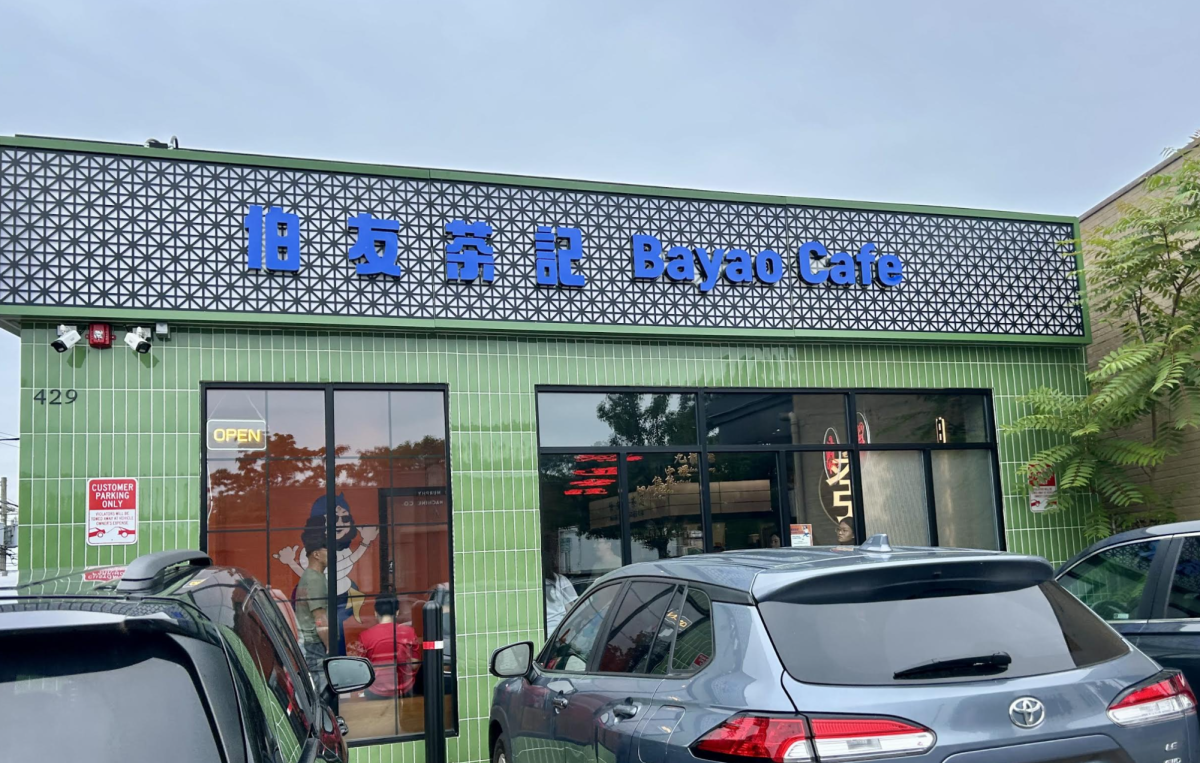President Donald Trump administered new tariffs on imported goods from countries around the world, most notably on products from China, which at one point spiked to 145%. The Trump Administration has a history with tariffs, starting in Trump’s first term with the 2018 trade war with China.
Since President Trump has been elected, the tariffs have increased, causing 99.9% of U.S. enterprises to be disproportionately affected. Small businesses that rely on external products have been at risk, as the products they require are either not accessible, or too expensive to purchase.
Some local business owners in Wayland have felt the impact of the tariffs on their own business. One local business owner, Wayland High School sophomore Jack Renneker, has drastically altered his operation due to these changes. His business revolves around reselling clothes, and he gets much of his products from foreign nations.
“[For several] months, I would order products from overseas vendors in China,” Renneker said. “[Since the tariffs have been put into place], I shut down the business because I haven’t been able to find products cheap enough to make profits from.”
Similar to Renneker’s experience, an anonymous interviewee has also had their business altered by the tariffs. They run a local reselling business that requires various products to be shipped from China.
“I started reselling around the beginning of the year,” the anonymous interviewee said. “[I would] find a vendor online, make sure it was reliable by checking all the reviews, and then just try to find a product I think would sell.”
To cope with the tariffs, they have shifted their entrepreneurial focus to reselling food items, including candy and soda, to local students.
“There’s not much to sell [since] the tariffs [have been put into place],” the anonymous interviewee said. “It’s honestly a better choice, because I generate more money than reselling.”
Despite the tariffs taking a toll on these operations, some local businesses have found that they are not as affected by the tariffs. For example, sophomore Max Berkowitz has still been able to find products to resell, while not having to pay tariffs. His business is reselling clothes on sites like eBay and Depop.
“I am just starting, but I have made around $500 so far,” Berkowitz said. “I’m hoping to make even more profit in the future, despite the challenges involved with the new tariffs.”
Berkowitz, along with others, are finding ways around the new tariffs and continue to grow their businesses.
“One thing that I do to avoid tariff costs is avoid buying imported goods,” Berkowitz said. “It makes it challenging sometimes to get quality products consistently, but it is worth it for the lower price.”
As tariffs continue to affect small businesses, locally operated entrepreneurship operations continue to change in order to keep up. With no end in sight, these businesses enter a period of change and adaptation, striving to stay afloat despite these new difficulties.






![Last Wednesday, the Wayland School Committee gathered to discuss a number of topics regarding the health curriculum and Innovation Career Pathway course. Another large topic of conversation was the ways to potentially mitigate distracting cell phone usage. "These [phones] are going to distract your learning and social relationships," Superintendent David Fleishman said. "That's concrete right there."](https://waylandstudentpress.com/wp-content/uploads/2025/06/Screenshot-2025-06-04-at-9.49.31 PM-1200x886.png)


























